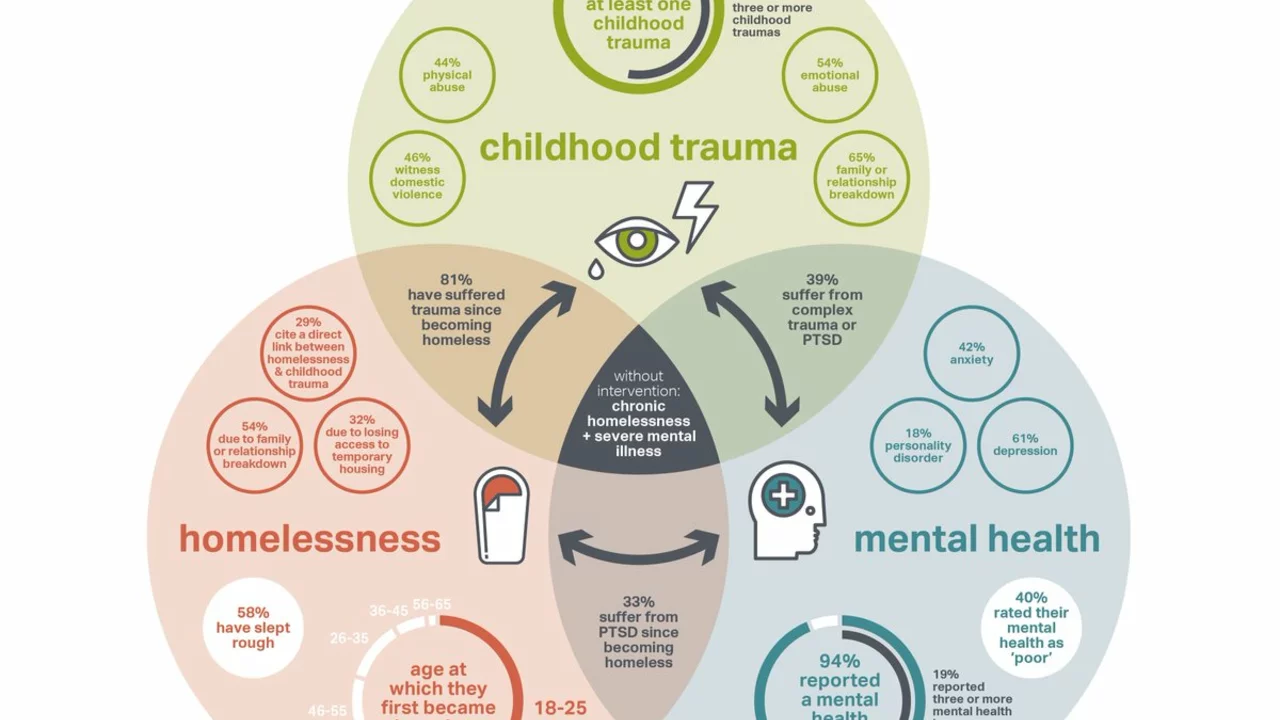Understanding the State of Public Health
Public health is a vast field that covers various aspects of human health, disease prevention, and overall well-being. It's not just about treating diseases but also about preventing them from happening in the first place. Public health services play a crucial role in ensuring that everyone, regardless of their socio-economic status, has access to necessary healthcare services. However, despite the importance of public health, numerous problems plague this sector.
The Issue of Accessibility
One of the most pressing issues in public health is accessibility. Although healthcare services are supposed to be universal, the truth is that many people around the world still do not have access to even the most basic healthcare services. This is due to a lack of resources, high costs, lack of health education, and other factors. This disparity in accessibility is a significant problem as it means that people cannot get the care they need when they need it, leading to preventable illnesses and deaths.
The Impact of Socio-Economic Factors
Socio-economic factors play a significant role in public health. People in low-income groups often suffer from poor health due to inadequate access to nutritious food, clean water, and safe housing. Additionally, they may not have the financial means to access healthcare services, leading to a cycle of poor health and poverty. This issue is not only a problem for individuals but also for society as a whole, as it can lead to increased healthcare costs and decreased productivity.
The Problem of Communicable Diseases
Another issue in public health is the spread of communicable diseases. Despite advances in medicine, diseases like tuberculosis, HIV/AIDS, and malaria still pose a significant threat to public health. This is especially true in low-income countries where access to healthcare services is limited. The spread of these diseases can have far-reaching effects, not just on individual health but also on economic development and stability.
Challenges in Health Education
Health education is a crucial aspect of public health. However, many people lack basic knowledge about their health and how to take care of it. This lack of health literacy can lead to poor health decisions, delayed treatment, and preventable illnesses. It's not enough to just provide healthcare services; people also need to be educated about their health to make informed decisions and take preventative measures.
Addressing the Problems and Moving Forward
Solving the issues in public health is not an easy task. It requires a concerted effort from governments, healthcare providers, and the public. Policies need to be implemented that ensure equal access to healthcare services. More resources need to be allocated to public health, particularly in low-income areas. Health education should be prioritized, and efforts should be made to prevent the spread of communicable diseases. While the problems in public health are significant, with the right strategies and commitment, they can be addressed, and we can create a healthier society for everyone.
